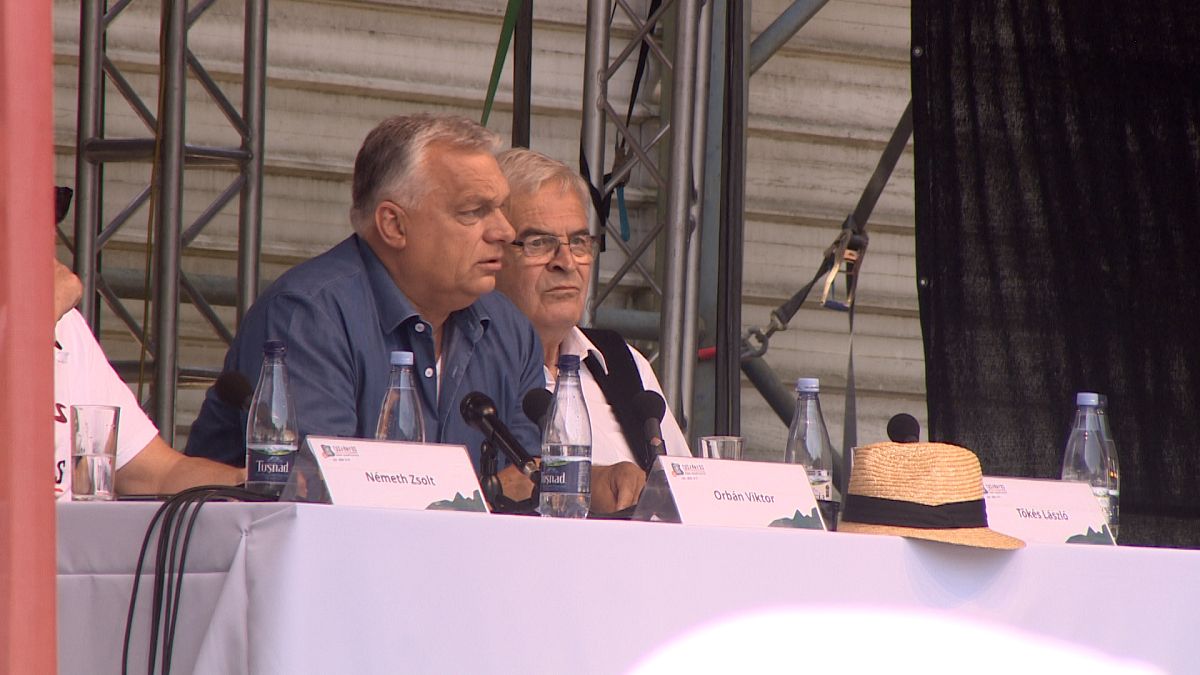

The intricate web of international relations continues to evolve, as recent developments within the European Union and across global trade sects reflect a tapestry of diplomatic and financial maneuverings. At the heart of these transformations are discussions surrounding the EU budget, new security alliances, and trade negotiations between major global players.
A key pivot point centers on Hungary’s stance toward the European Union’s budget deliberations, with Prime Minister Viktor Orban expressing his intent to veto the proposed budget unless Hungary’s concerns regarding frozen EU funds are addressed. This decision underscores ongoing tensions between Brussels and Budapest, particularly on issues such as the response to Russia’s actions in Ukraine. Despite the ongoing challenges, the EU remains committed to finding a path forward that respects the diverse needs of its member states while ensuring fiscal responsibility.
Adding another layer to the complex European economic landscape is the conversation surrounding taxation and regulatory changes, particularly regarding tobacco and alcohol. The broader fiscal strategies being debated highlight an effort to balance public health concerns with economic growth. Simultaneously, the scrutiny of the fast fashion industry’s environmental and ethical implications suggests a shift towards more sustainable practices and regulatory measures that could reshape consumer industries in the years to come.
Beyond the continental dialogue, significant international alliances are taking form as the UK and Australia prepare to solidify a long-term defense partnership through a nuclear submarine treaty, reflecting the ongoing emphasis on security within the Indo-Pacific region. This development emerges in tandem with the United States’ review of the AUKUS defense pact, which originally included these nations alongside the U.S. to address strategic military interests in Asia-Pacific vis-à-vis China’s growing influence.
A parallel narrative is unfolding with the European Union and the United States on the brink of a new trade agreement. Scheduled discussions between European Commission President Ursula von der Leyen and President Donald Trump signal a crucial moment in transatlantic economic relations. Observers keenly await whether these dialogues will usher in reduced trade barriers and enhanced cooperation, or whether they might hit snags clouded by previous trade tensions and the persistent presence of tariffs.
In this context, the economic pressures exerted by U.S. tariffs are evident, particularly highlighted by Volkswagen’s recent report of a marked profit dip, attributed in part to these trade levies. Nevertheless, optimistic projections for future growth remain grounded in robust European sales and the rising prominence of electric vehicles, indicating resilience amidst external challenges.
Amidst these diverse developments, it is evident that global economic and political strategies are deeply interconnected, each influencing the other. The unfolding scenarios emphasize the importance of dialogue and collaboration in achieving collective stability and prosperity. As global leaders navigate this intricate landscape, the focus remains on forging agreements that respect economic and political sovereignty while advancing shared interests.
Source: {link}
